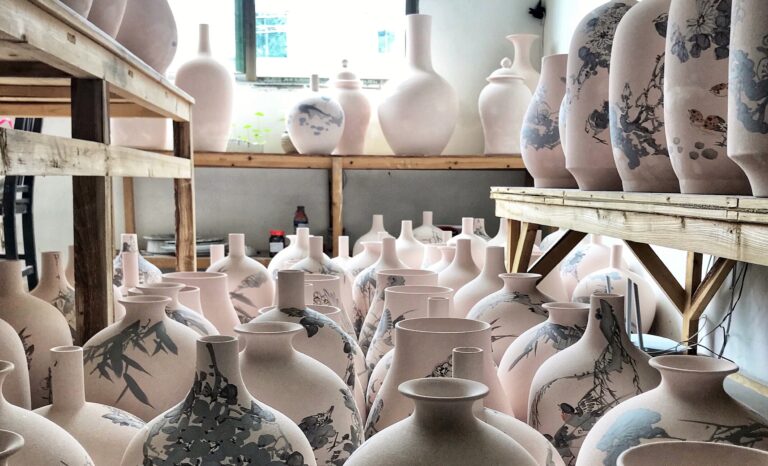With national policy support on industries that produce cultural goods and artifacts, Chinese industries have developed quickly in recent decades. Some cities and their industries are led by the central government, while others are led by the local government. In this paper, the author uses ceramic industry clusters in Jingdezhen city (central-led) and Longquan city (local-led) as a comparative study to illustrate the political power relations of government-led cultural artifact industry development in China. In sum, the excessive emphasis on political hierarchy and centralized control of production management will weaken the cultural essence of the local cultural artifacts. The localized government-led development strategy is positive to preserve the cultural essence and design a befitting local industry development strategy in Chinese cities.
Articles by Chang Liu
Chang Liu is a post-doc researcher in the College of Design and Innovation at Tongji University in Shanghai, China. Her past work has looked at cultural value and innovation system of the cultural industries. Chang’s current research analyzes the design-driven social innovation at the community level. She received her PhD in Urban Planning and Design from the University of Hong Kong and her Master's from the Graduate School of Architecture, Planning, and Preservation at Columbia University.
